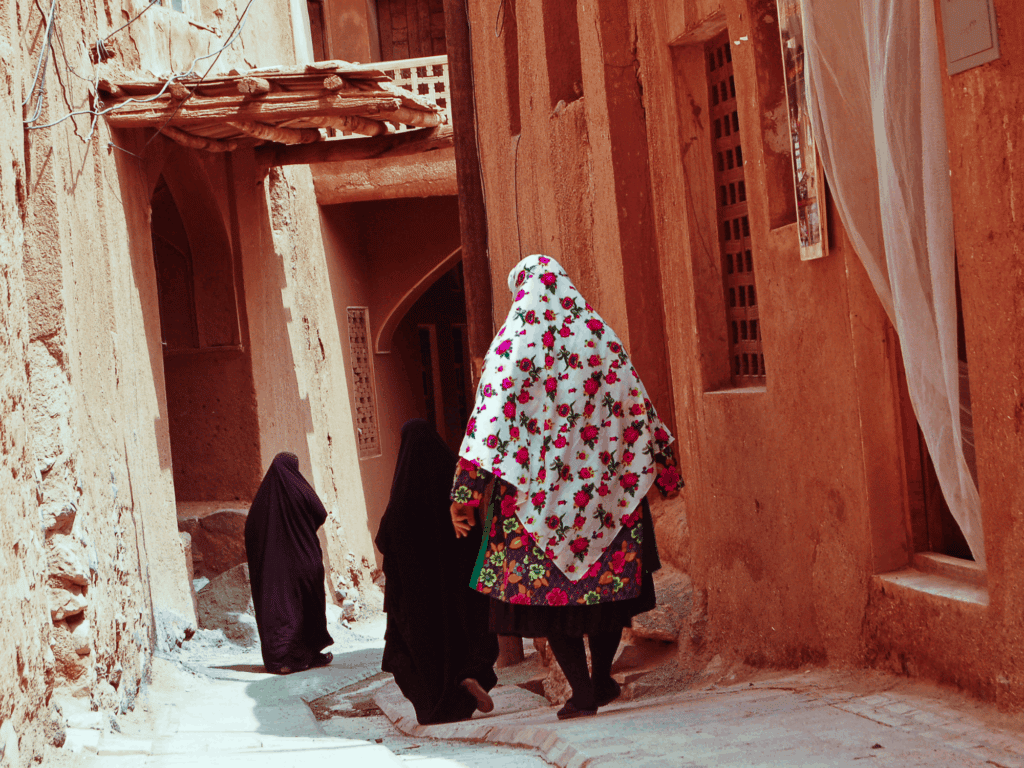Here in America – “The Free World” – we still struggle with the idea that addiction is a disease. Despite the great deal of research, the many studies, and the acceptance of addiction as a disease in the most recent volume of the Diagnostic and Statistical Manual, some people are still convinced that addiction is, in fact, a choice.
And that’s here in America.
Imagine living in Iran, where there are social and economic constraints, out-of-control sexism, and violence everywhere you turn. Religion is a demand, and freedom is off the table.
Then imagine truckloads of opium and crystal meth passing through those same demoralized streets, making their way from Afghanistan to different parts of the Middle East and then onto the rest of the world. How easy would it be to snag a few bags of opium and use this drug to help wash away the strife and struggle from everyday living?
All too easy for some Iranians, particularly women.
According to the Iran Drug Control Headquarters, 3 million Iranian citizens are currently addicted to one substance or another. Over 700,000 of that 3 million are women, and according to the Headquarters, this number has doubled since two years ago.
Within the borders of The United States, we often regard addicts as individuals that either have a mental health condition, have experienced a certain level of trauma, or whose experimentation went wrong. In Iran, however, when women in particular become addicted, the thought process behind “why” is much different.
The Director General of the State Welfare Organization in Iran stated at a drug conference held in Urmia this month, that “the addiction of women to drugs is a trick by our enemies to attack Islamic values of Iranian families.”
Despite the stigma and the many beliefs as to why addiction has plagued the women of Iran, women there continue to use – but behind closed doors, and often only in the company of other women.
The same level of privacy and secrecy is being found amongst those women who are seeking treatment through some of the very few rehabilitation centers in the Middle Eastern country. These rehab centers reportedly utilize treatment practices similar to that of Narcotics Anonymous, and also work to help women establish a clean transition back into their communities.
While both the use of drugs and the utilization of rehab are severely looked down upon (and often met with death threats), women in Iran today are still looking for the help they need to overcome their addiction problems. While still being conducted somewhat secretly, this movement is indicative of changing times in Iran, and other parts of the Middle East as well.
Author
-

President, CEO & Founder at Northbound Treatment Network
Paul Alexander is the CEO, President & Founder of Northbound Treatment Network in Newport Beach, California. He believes wholeheartedly in transformational leadership, organizational health and effective, fully integrated substance use disorder and mental health treatment. With over 27 years of experience in behavioral healthcare, Paul has extensive knowledge of “in vivo” treatment modalities, clinical development, operations, strategy, marketing and financial planning. He has been widely recognized for his development of collegiate-based residential treatment programs for students in recovery and authored a research study at The University of California confirming this modality’s effectiveness.
Paul’s comprehensive professional experience, willingness to innovate, and emphasis on organizational health are vital factors in Northbound’s continued success. Paul received his Certified Addiction Treatment Specialist training at Saddleback College in Mission Viejo, CA, and was awarded Outstanding Alumni Service Award in 2002. Paul holds a Bachelor of Arts degree in Criminology, Law and Society, Summa Cum Laude, from University of California, Irvine, and a Juris Doctorate degree from Loyola Law School of Los Angeles. Paul currently serves on The National Association of Addiction Treatment Providers (NAATP) board. In addition, he serves on The Family Recovery Foundation board and The CarePossible board in Orange County; both organizations are committed to raising funds for family recovery and treatment for former military personnel. Paul is in recovery himself and lives in Orange County with his wife Silvana and his two young sons, Noah and Dean.










